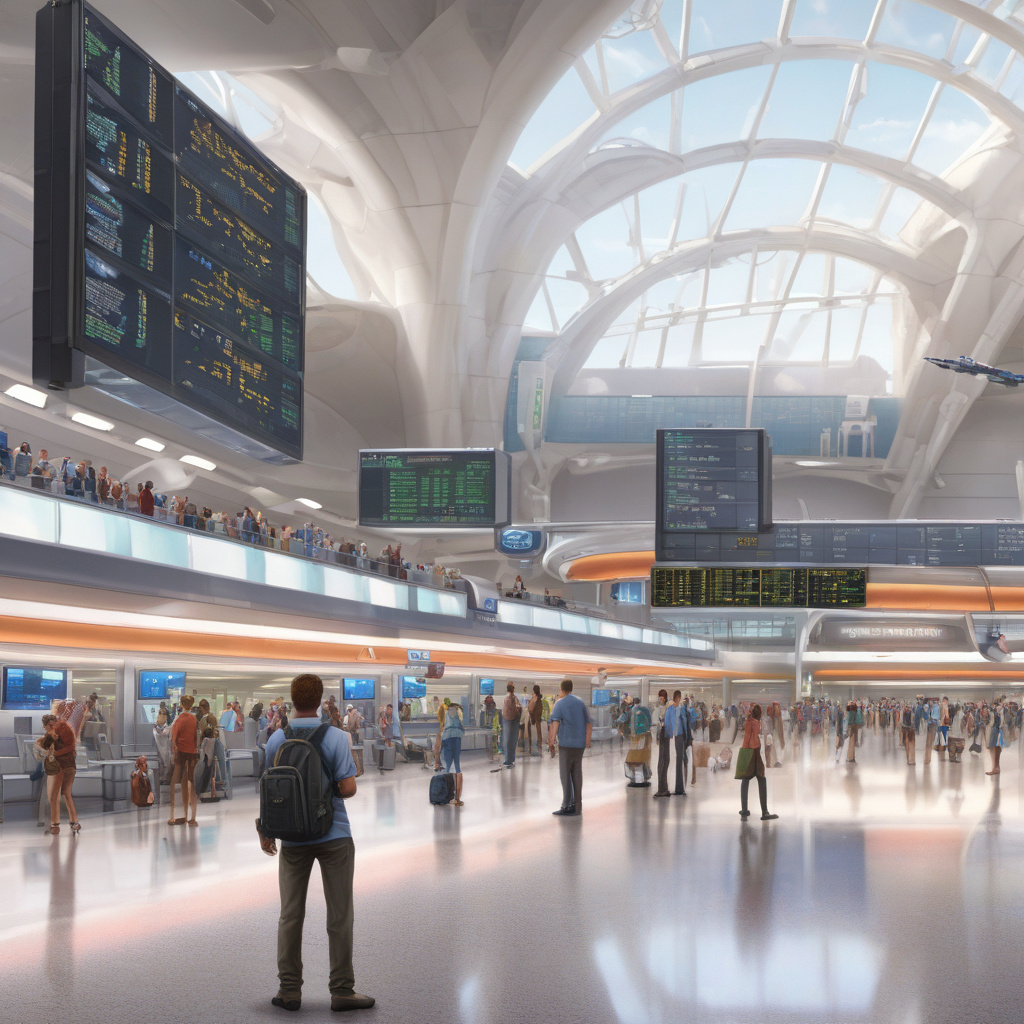SpaceX, the pioneering aerospace company founded by Elon Musk, is known for pushing the boundaries of space exploration. Their ambitious plans to launch the Starship from Florida have garnered significant attention. However, the Federal Aviation Administration (FAA) recently raised concerns about the potential impact of these launches on the state’s bustling airports.
The FAA has warned that Starship launches could lead to flight delays of up to two hours for commercial airlines operating in Florida. This prediction is based on the need to establish safety zones and restrictions in the airspace surrounding the launch site to ensure the security of the mission.
For Florida, a state with a flourishing aviation industry and numerous airports catering to both domestic and international flights, such delays could impact passenger travel, logistics, and overall airport operations. Imagine the ripple effect of a two-hour delay at major hubs like Orlando International Airport or Miami International Airport, where thousands of passengers transit daily.
SpaceX’s activities in Florida have already proven to be a double-edged sword for the state. On one hand, they bring prestige, technological advancements, and economic opportunities. On the other hand, they present logistical challenges and require careful coordination to minimize disruptions to existing air traffic.
As IT and development professionals, we understand the importance of seamless operations and efficient logistics. The integration of space launches into Florida’s airspace necessitates precise planning, real-time communication, and innovative solutions to mitigate delays and ensure the smooth flow of air traffic.
One potential solution could involve the use of advanced air traffic management systems that can dynamically adjust flight paths and schedules in response to launch activities. By leveraging data analytics, artificial intelligence, and real-time communication technologies, aviation authorities can optimize airspace utilization and minimize disruptions caused by Starship launches.
Moreover, collaboration between SpaceX, the FAA, airport authorities, and airlines is crucial to developing coordinated strategies that balance the needs of space exploration with the demands of commercial aviation. This multidisciplinary approach can lead to win-win solutions that benefit all stakeholders involved.
In conclusion, while SpaceX’s Starship launches from Florida herald a new era of space exploration, they also pose challenges for the state’s aviation sector. By embracing innovation, collaboration, and efficient planning, we can navigate these challenges and ensure that Florida remains a hub for both aerospace innovation and smooth air travel experiences. Let’s keep our eyes on the skies and our feet on the ground as we navigate this exciting intersection of space and aviation in the Sunshine State.

